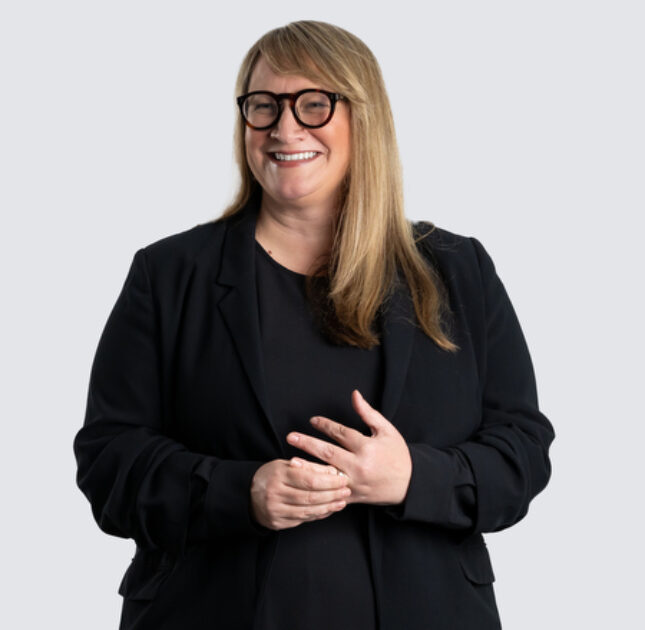David’s story
Our client David speaks out about how he navigated the complexities of reclaiming NHS Continuing Healthcare Funding for his mother. This video case study unveils the challenges endured by David’s family and their ultimate triumph in securing vital support for long-term care. From initial setbacks to fragmented assessments, David’s mum’s case sheds light on the arduous path many families face in accessing essential healthcare funding. Guided by the expertise of the Hugh James Nursing Care Team, this case study illustrates the power of perseverance and strategic advocacy. Explore the stages of the NHS Continuing Healthcare process, the obstacles encountered, and the remarkable outcome of reclaiming approximately £160,000 on behalf of David’s mum’s estate. This poignant narrative serves as a beacon of hope for families navigating similar struggles.






